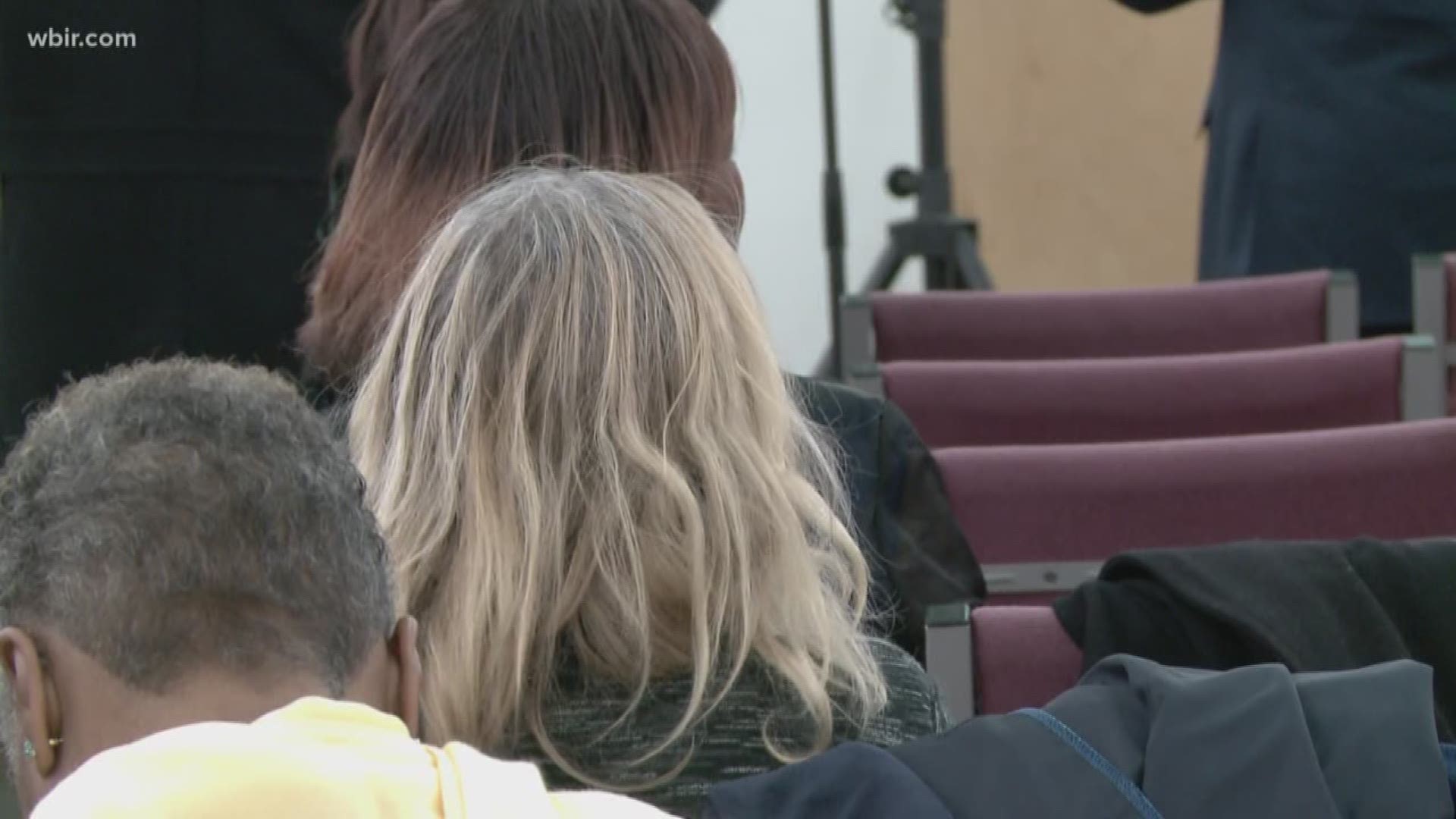Nashville — A federal judge on Thursday denied a request to delay death row inmate David Earl Miller's execution while his lawsuit arguing for a firing squad is pending.
It was a significant loss that suggests the state's next execution could move forward as scheduled on Dec. 6, as long as the state allows phone access for Miller's defense attorney during the execution.
Miller is scheduled to die for the 1981 murder of 23-year-old Lee Standifer in Knoxville.
Miller and three other death row inmates — Nicholas Todd Sutton, Stephen Michael West and Terry Lynn King — sued earlier this month, asking a federal judge to allow them to choose a firing squad as an alternative to Tennessee's lethal injection or electric chair execution methods.
About the suit: Tennessee death row inmates seek firing squad
U.S. District Judge William L. Campbell did not rule on the broader questions in the case Thursday, but he denied multiple requests to stop executions until the case could be considered.
Miller had asked Campbell to stop the state from giving him paperwork to decide between electrocution and lethal injection. Campbell denied that request.
Judge said state must allow phone access during execution
Campbell said the state could move forward with preparation for Miller's death — but only if officials gave his attorney phone access before and during the execution.
It seems likely the state will allow phone access and move forward. Following a similar court order earlier this year, the state allowed phone access during the electric chair execution of inmate Edmund Zagorski on Nov. 1.
Sutton, West and King do not have execution dates yet and had asked the court to block the state from setting them while the suit is pending. Campbell denied that request.
In the suit, the inmates' lawyers argued the state's electric chair "is sure or very likely to inflict a gruesome and torturous death" since the state fails to take into account the difference between individual prisoners that include pain thresholds and the varying amounts of current required to cause unconsciousness.
"The firing squad significantly reduces a substantial risk of unnecessary and severe pain when compared with" Tennessee's three-drug cocktail used in lethal injections, sparing the men the feeling of suffocating, burning and being paralyzed.
Campbell did not mention the firing squad, which is not allowed under Tennessee law, but he suggested the plaintiffs were unlikely to succeed in challenging electrocution and lethal injection.
The Tennessee Supreme Court upheld the state's controversial lethal injection protocol in a ruling earlier this year. Zagorski fought in court to choose the electric chair.
Reach Adam Tamburin at 615-726-5986 and atamburin@tennessean.com. Follow him on Twitter @tamburintweets.

